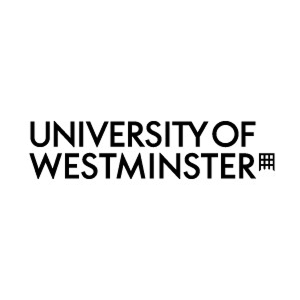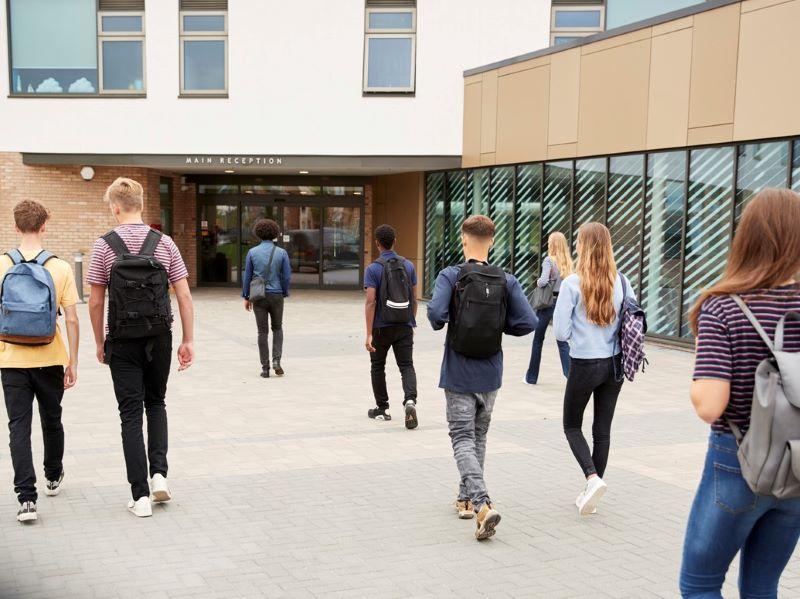
It’s time to end the negative narratives surrounding foundation students
You may also like
Popular resources
Foundation years have long been successful in giving access to HE to under-represented groups of “non-traditional” students such as first-generation, BAME, mature or disabled students. But despite increased participation, foundation students often find themselves surrounded by negative narratives which, unfortunately, are sometimes even shared by foundation students themselves.
Examples of these narratives include the belief that they have a “deficit” compared with “traditional” students (tacitly assumed to be white and middle class) in that they lack academic skills and familiarity with HE. The deficit approach is based on beliefs about what foundation students should already know when they come to university. These are often founded on generalisations about the social groups that they have come from. But while it is clearly the case that many foundation students need to develop their academic skills, the same is true for many first-year students and even for those at higher study levels.
- Social mobility via social media: opportunities for career services
- Action to improve diversity and inclusion for Black students and staff
- A holistic approach to student support
In response to this need, most universities take the logical step of including skills modules in their foundation programmes. Now, there is nothing wrong with skills modules. The problem is that by skills we mean practical knowledge, and because it is practical and applied it is too often assumed to be uncomplicated and inferior to subject knowledge, which is abstract and complex. The fact that many foundation students are not familiar and often struggle with this supposedly easy knowledge reinforces the “deficit” narrative.
Of course, such narratives fail to take into account the varied forms of knowledge and rich experiences that students bring to university. And they certainly encourage the othering of foundation students. This can quickly make foundation students feel “second class” and create an environment that is unhelpful to learning. So, how can we challenge these negative stereotypes and make a positive change?
There are several actions we can take. To start with, it’s important to integrate foundation students’ personal experiences and knowledge into the curriculum. This means the university does not become an institution that alienates them.
At the University of Westminster, where I work, we try to do this in many of our modules, including in two skills modules. Our foundation students usually come from socially underprivileged backgrounds, they are also mostly female, from ethnic minorities and are often the first in their families to attend university. This means it’s likely they have already experienced various inequalities in their lives, and we have tried to integrate these experiences into the curricula of the skills modules.
One example comes when teaching providing evidence in academic writing. Students watch a video in class of an everyday interaction where racial bias is displayed between speakers. Students can bring their own experience of bias, assumptions and generalisations to the discussion, which eventually develops into an exploration of the importance of finding evidence to support claims.
Also remember that the person who teaches a curriculum of this kind matters a great deal. A diverse team with personal experience of the challenges faced by students from ethnic minorities, immigrant communities and other marginalised groups is crucial. Such staff can draw attention to these challenges and to how they impact students’ education, so they can better support learning.
For example, awareness of the psychological impact of negative feedback – specifically on students whose main language of education has not been English – might lead to adjusting the language and/or tone of feedback. Staff might instead acknowledge the effort it takes to express complex ideas in a foreign or second language and use this to encourage students to improve expression.
Creating this kind of space for regular staff conversations on how changes to teaching practice can be made is invaluable. It creates a continuous dialogue and encourages reflection on learning needs and teaching methods – and it should go hand in hand with a willingness to take staff suggestions seriously and genuinely try to implement them.
Another way of challenging negative narratives at institutional level involves creating opportunities for foundation students to become more visible and contribute to learning. Most universities have student-staff partnership programmes, and these are great opportunities for foundation students to bring their own perspectives and transform teaching practices and study programmes. Examples of this would be for staff and foundation students to co-design assessment of a second-semester module or create a study guide for future foundation students with the best study tips given by current students.
Finally, peer support mechanisms, such as mentoring schemes, provide scope for newcomers to meet former foundation students from higher study levels. Invite new and former foundation students to reflect on their learning journeys, what has been a successful approach to study and what has been ineffective. This kind of partnership gives foundation students the opportunity to showcase their learning, so they are heard and accepted in the university community.
Challenging negative narratives around foundation students is not easy, and a lot more work is needed to oppose broader negative ideas and stereotypes about the social groups that foundation students often come from. This is true both within and outside universities, but as centres of education and learning our institutions have broad shoulders upon which to base this crucial process.
Christina Delistathi is principal lecturer and director of Westminster Foundation Pathways at the University of Westminster, UK. She is also a translation studies scholar and researcher of alternative pathways to higher education.
If you would like advice and insight from academics and university staff delivered direct to your inbox each week, sign up for the Campus newsletter.




